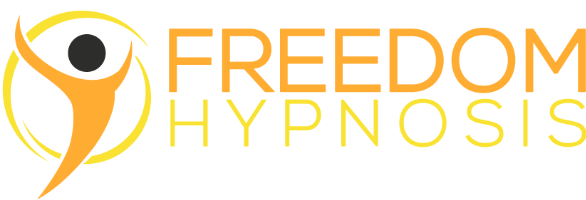This week the prestigious Dean Street sexual health clinic mistakenly released the names and email addresses of nearly 800 of its HIV clients.
Guardian – London Clinic Mistakenly Releases HIV Email List
Whilst there are a number of fearless individuals who are very open about their HIV status, the fact is that most HIV+ people only discuss their status with very close friends and their partners.
As a therapist, I’m not a fan of secret-keeping, especially when the emotions associated with this disclosure are a constant fear, guilt, shame, remorse or regret. These are the emotions of depression. I work within the HIV+ community as a volunteer hypnotist and I’m acutely aware of how much trauma and shame there still is and how this impacts upon mental health.
(Suicide rates for young gay men are insane: Suicide Rates In Young Gay Men.)
Disclosure of HIV status is an incredibly complicated issue. Information, once out, cannot be controlled. Do you tell close friends, work colleagues, brothers and sisters, parents? Many people that would be prepared to be more open about their status are often held back by the thought of disappointing or scaring their parents (a generation more used to seeing HIV+ people die of AIDS in the 1990’s). Their parents would be unreasonably worried irrespective of the very positive current medical outcomes due to drugs such as Atripla and Eviplera. So parents are usually the last to know.
I know that today there will be a lot of very angry, scared, shocked and exposed HIV+ patients. I know Dean Street well, it’s an excellent clinic and their staff will be utterly devastated by this accident. Any of us could have been the member of staff that pressed ‘Send’ without checking if you used the BCC box or the CC box. It’s something that most people wouldn’t get over easily. People don\’t work in this field unless they really care about people. This person will also need support today. Whilst the consequences of the data breach will continue to violently crash through the personal and professional lives of many, it’s worth remembering that life goes on, we’re all human, and things will get better.
Whether a person is assaulted, injured, HIV diagnosed or just makes a serious mistake, it’’s normal to be upset by matters such as these. We are suppose to be impacted by them. We’re supposed to lose sleep, be agitated, relive events over and over – and then things should begin to get better. That’s the normal path of any trauma. When those thoughts and emotions don’t go away on their own, then it’s time to talk to a professional.

Recent Comments